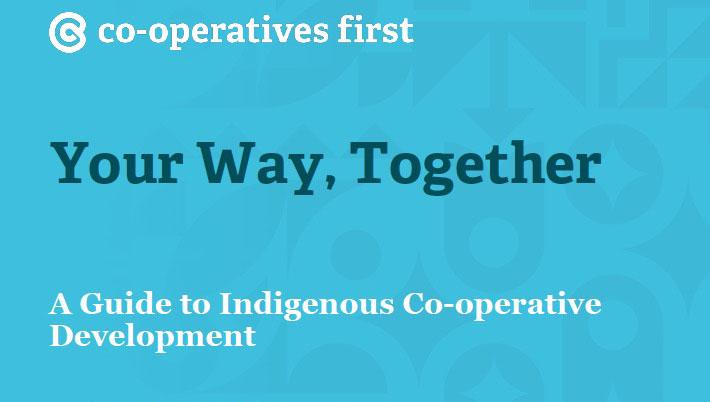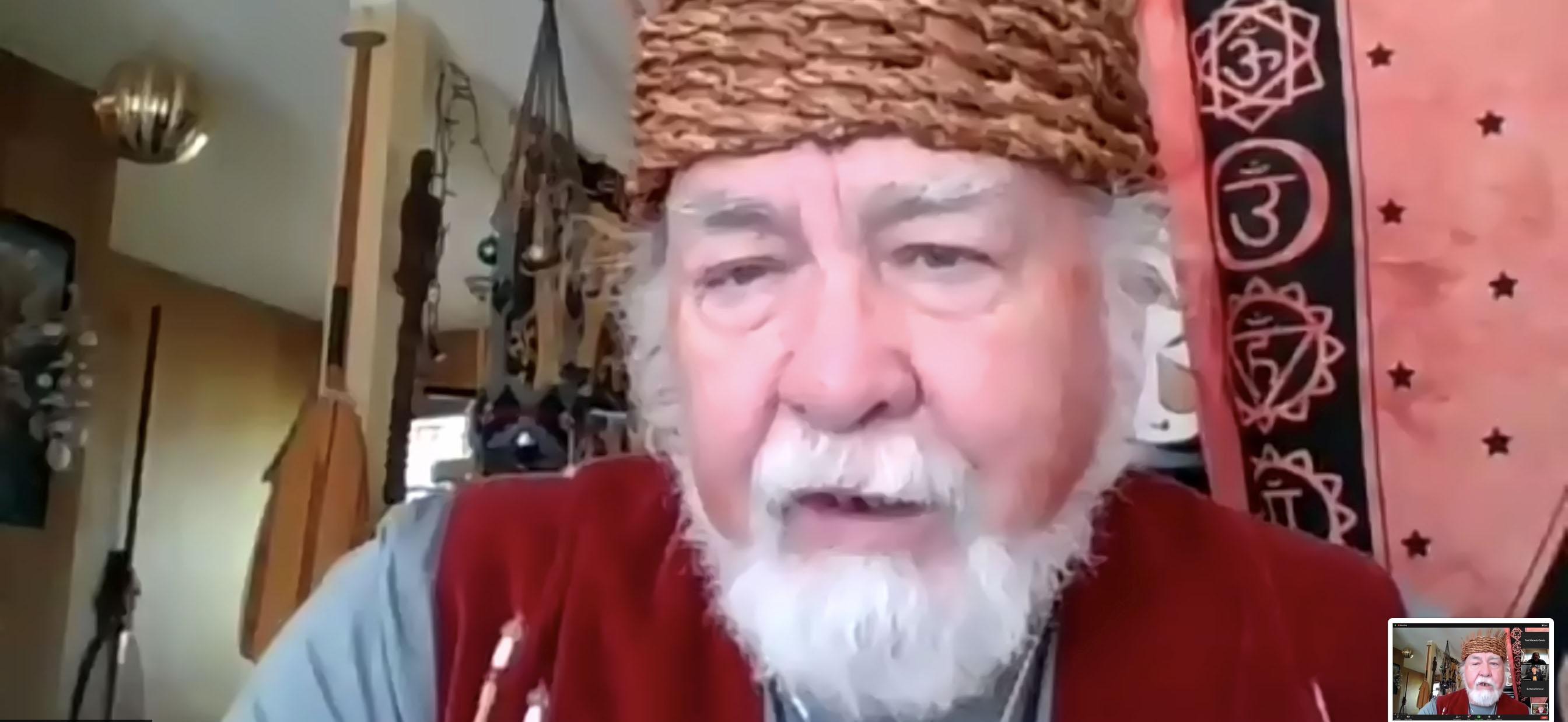
10 minute read
JULY/AUGUST 2021 | Vol. 8 No

JULY/AUGUST 2021 | Vol. 8 No. 2
Advertisement



10 22 34

Cover image:
Bobby Hunter, Powwow dancer at 2021 Economic Development Youth Summit photo still from video shot by Trevor Boller
Cando Connect Magazine is produced by Cando under the direction of Paul Macedo, Communications Officer.
If you have any story ideas and/or suggestions for improving Cando Connect please contact Paul directly at: e: paul.macedo@edo.ca tf: 1-800-463-9300 ext 236 p: 780-990-0303 ext 236 f: 780-429-7487
Inside Connect:
2021Economic Development Youth Summit............................................. pages 10 - 17
BC Links to Learning Virtual Training Event............................................. pages 22 - 30
CEDI: Phase 2 - Final Graduating Partnerships......................................... pages 34 - 39
Co-operatives Launches ‘Your Way, Together’......................................... pages 40 - 42



Where has summer gone?
As COVID restrictions are being relaxed, staff, management and board at Cando hope that everyone reading this, along with their loved ones, continues to stay safe and healthy and exercise precautions. All of Cando staff and management are now fully vaccinated and we encourage everyone, who is able, to also get vaccinated. Let us be hopeful, but let us remain vigilant and continue to look after one another especially the most vulnerable in our communities.
The 4th Annual Economic Development Youth Summit was held virtually August 9 thru 13, 2021. Youth delegates as well as speakers and presenters from across Canada participated in the 5-day event from the comfort and safety of their homes/offices. We hope to return to in-person events for 2022. For full coverage of the event plus a showcase of the winning groups, check out pages 10-17.
The 28th annual Cando National Conference and AGM will be an in-person event to be hosted by the Whitecap Dakota First Nation at their new Dakota Dunes Hotel (south of Saskatoon, Sask.) but has been postponed until May 2022.
The 8th Annual BC Links to Learning Virtual Event was held virtually May 3& 4, 2021. Cando partnered with the National Aboriginal Lands Managers Association, the First Nations Lands Management Resource Centre, and Indigenous Services Canada to develop and deliver this online training event. For full coverage of the event, check out pages 22-30. For event session recordings and presentation materials, please visit: www.links-to-learning.ca
The Links to Learning Webinar Series will continue through the fall and winter. Cando will continue to deliver skills development opportunities for its members via this weekly series. The Links to Learning Series delivers content every Tuesday. In addition, a weekly Innovate BC Wednesday Webinar series will be delivered for the balance of 2021. These webinars continue to be free to Cando members, thanks to a generous support from CIBC & Innovate BC.
Please visit the www.edo.ca/links-to-learning for a full schedule of upcoming webinars.
After five-years (2016 – 2021), the First Nation – Municipal Community Economic Development Initiative (CEDI) Phase II has come to a close. Shuswap Indian Band – District of Invermere, Dene Tha’ First Nation – Town of High Level, and Yellowknives Dene First Nation – City of Yellowknife are the final three partnerships to complete the CEDI program in Phase II. Each one of these partnerships has strengthened their relationship and advanced at least one joint community economic development initiative. Read more on pages 34-39.
Fortunately, CEDI has received confirmation of funding support from Indigenous Services Canada to continue with a CEDI Phase III (2021 – 2025) and will open the application process to interested First Nation – Municipal partnerships in September. Application information will be announced very soon! Check out: www.edo.ca/cedi for the latest information on the CEDI Phase III intake.
Looking forward to seeing you in person soon!

5 things Indigenous entrepreneurs 5 things Indigenous entrepreneurs 5 things Indigenous entrepreneurs 5 things Indigenous entrepreneurs 5 things Indigenous entrepreneurs should know about exporting should know about exporting should know about exporting should know about exporting should know about exporting
Indigenous small- and medium-sized enterprises (SMEs) are one of the fastest-growing business segments in Canada. They create jobs and increase wealth in their communities while contributing to the broader Canadian economy. Indigenous nations were traders long before the arrival of the first European settlers, and this natural, entrepreneurial trading spirit is just as strong today.
Exporting is a proven means to sustained growth, but it can be daunting. Indigenous entrepreneurs often face significant barriers in securing financing and accessing working capital, and navigating government policy, trade rules and logistics.
Export Development Canada (EDC) is committed to helping Indigenous businesses overcome these barriers. As international risk experts, we equip you with the tools—trade knowledge, financial solutions, equity, insurance, and connections—to grow your business with confidence.
To get you started, here are five things you should know about exporting and how EDC helps.

1. Exporting isn’t just for large companies.
You may associate exporting with large, multinational companies. But even micro businesses can be exporters if they sell goods and services to customers outside Canada. All it takes is one sale to the United States.
Before you dip your toe into international waters, you should research your business’s global potential and learn more about exporting. Sign up for a free MyEDC account at edc.ca to get access to expert-led webinars, articles, and other helpful information about growing your business internationally.

2. Companies that export outperform those that don’t.
Exporting can be an effective strategy Cando Connect to build a sustainable business. As Todd Evans, National Lead - Indigenous Exporters, Export Development Canada

Canada represents less than 2% of the global market, it makes sense that exporting companies have higher potential than domestic-only businesses. By expanding beyond Canadian borders, you can increase your customer base and generate higher revenues—an average of 121% more than nonexporting companies.
3. You can insure your sales to reduce risk.
Every time you send a shipment or provide a service, you take the risk that you won’t get paid. With EDC Select Credit Insurance, we can mitigate that risk: If your customer doesn’t pay, we will. We work with businesses of all sizes to insure a single contract as low as $5,000 or multiple contracts worth up to $500,000 each. Until the end of 2021, EDC Select Credit Insurance is available to all Canadian businesses, whether your customer is in Canada or abroad. Most
6financial institutions will also extend credit against your insured receivables, providing you an additional source of business funding.
4. International trade agreements provide tremendous benefits for
exporters.
The Canada-United States-Mexico Agreement (CUSMA) encourages the three countries to increase commercial opportunities for SMEs owned by under-represented groups, including Indigenous Peoples. For smaller companies, the CUSMA includes a provision that makes handcrafted Indigenous textiles and apparel dutyfree. The Canada–European Union Comprehensive Economic and Trade Agreement (CETA) gives Canadian exporters preferential access to one of the world’s largest economies.
Want to learn more about putting these agreements to work for your business? EDC’s trade advisors can provide free customized answers to your trade-related questions.
5. EDC is here to support you.
If you’re interested in exporting, you don’t have to go it alone. We’ll partner with you to help your business grow through global trade.
We work closely with the Canadian Council for Aboriginal Business (CCAB), the Business Development Bank of Canada (BDC), Global Affairs Trade Commissioner Service (TCS) and other partners to deliver programs and solutions to help you manage the risks of selling outside Canada.
For more information on how we can support your exporting journey, call a trade advisor at 1-800-229-0575, or visit edc.ca/indigenous-business.







The 2021 Youth Summit is always a hi-energy event – particularly when it’s hosted by Stan Wesley.

Cando President and Board member for New Brunswick and PEI, Stanley Barnaby welcomed youth delegates.

Cando Student Director, Aubrey-Anne Laliberte-Pewapisconias shared her experience as a previous youth summit delegate in 2019. Elder Rick Lightning was on-hand to welcome delegates and speakers and start the event in a good way.



Cando Executive Director, Ray Wanuch delivered opening remarks on the importance of the event on the future of Indigenous communities.
The 2021 Economic Development Youth Summit was held from August 9 – 13. The event was virtual utilizing the Whova app as well as zoom due to the continuing safety risks of the COVID19 pandemic. All youth delegates, speakers/presenters, mentors and judges participated without having to leave their communities.
To be eligible to participate, youth must have been between 18 and 30 years of age and completed the application form plus submit an essay demonstrating the skills and unique perspective they would bring to the event. They were also to include their expected potential take-aways from the experience.
There were also several cultural and musical performances all made possible through the generous event partnership with RBC and Western Economic Development plus several additional sponsors!
Above: A screenshot of Day 1 of the 2021 youth summit delegates, speakers and presenters.



Above: Trevor Cootes, Cando Board member for Southern B.C. and one of the Youth Summit judges, explains the role of Economic Development Offices and the impact of economic development on the health and well-being of Indigenous communities. Trevor also explained what the judging panel was looking for in the group presentations. The judges had the difficult task of determining which group of delegates was most effective at developing and communicating their 5-year Strategic Plan to develop the economy of a fictional First Nation community given the community strengths, weaknesses, opportunities and challenges. The judges were very impressed by the quality of the presentations which made the finalJuly/August 2021 11 edo.cadecisions that much more difficult. Thank you to the 2021 Youth Summit judges!





















First Place : 7 Generations Corp.

Second : Mayshkootaatan







